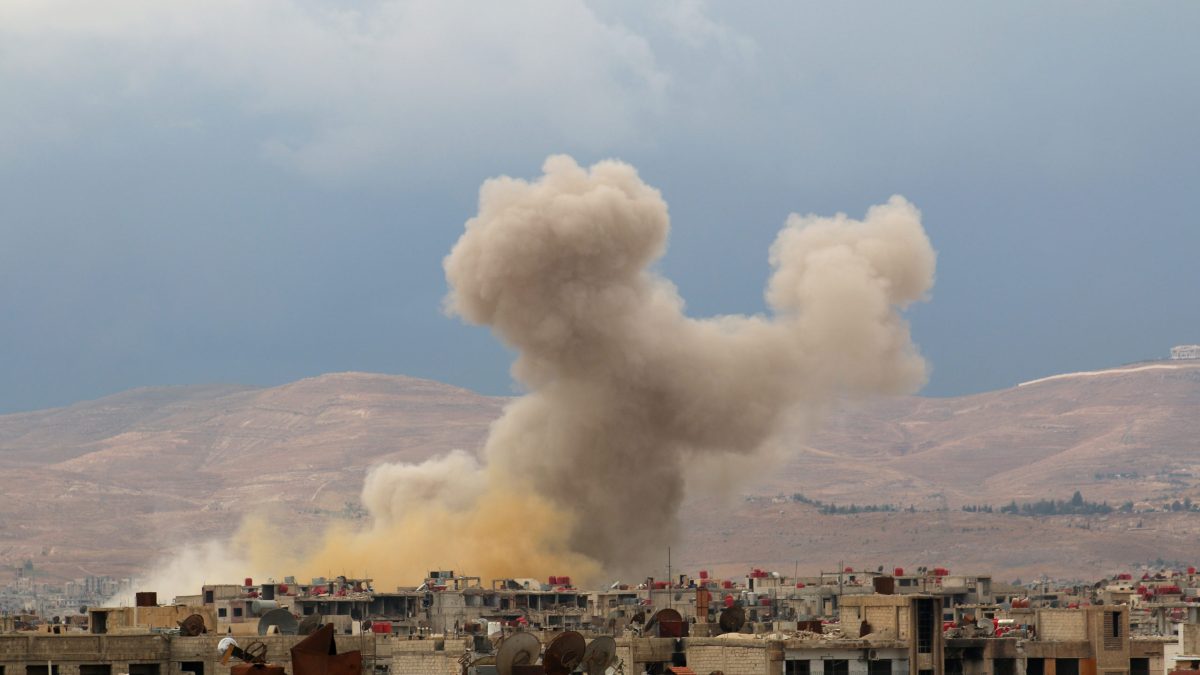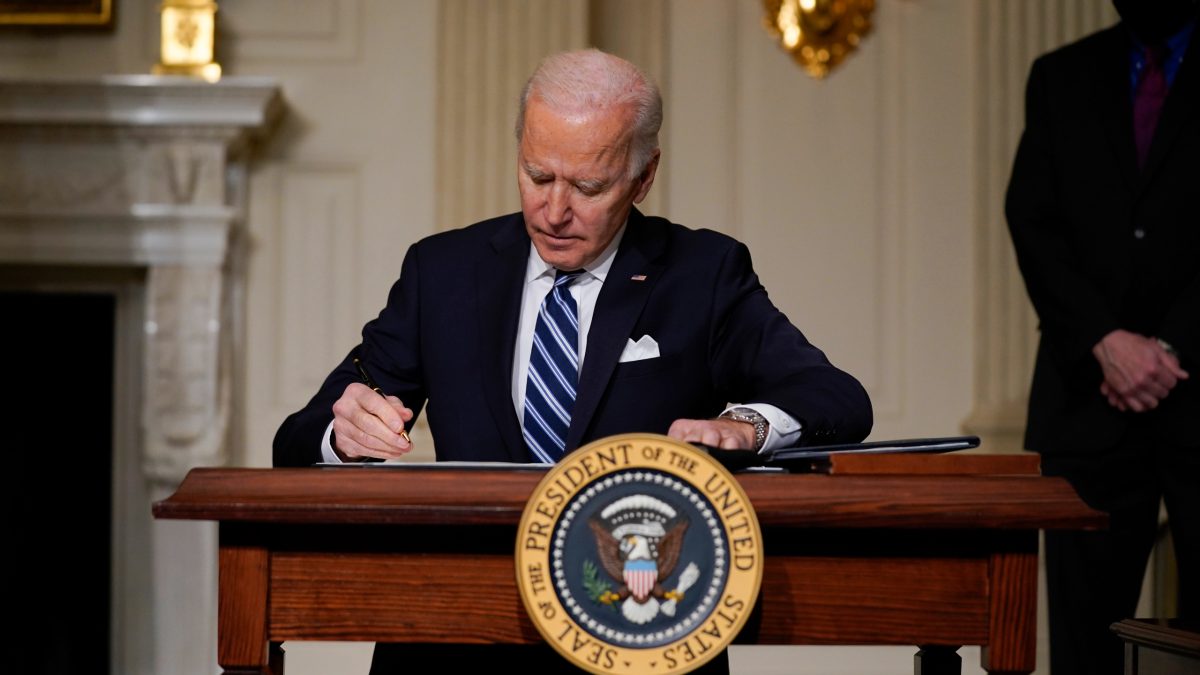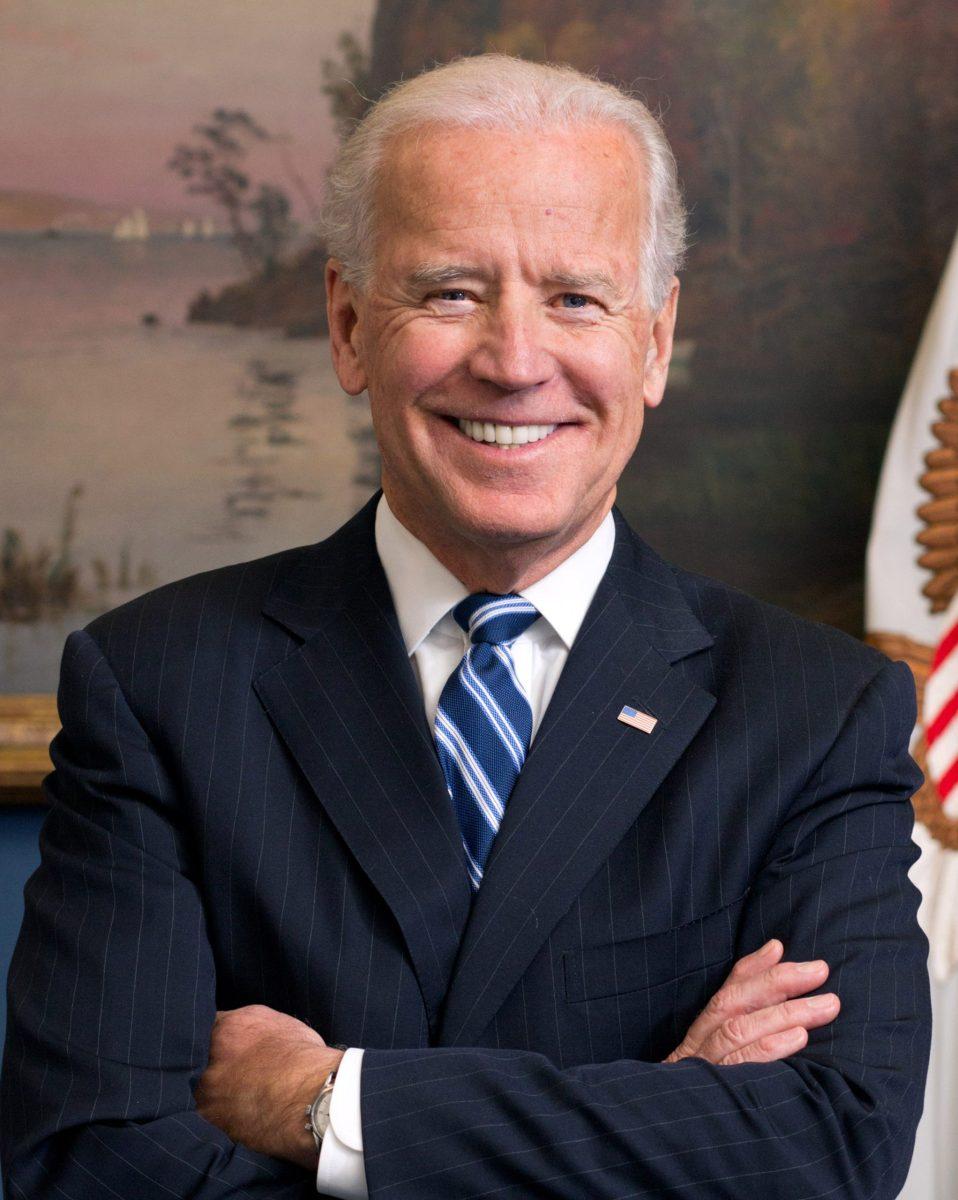The war in Syria is nowhere near resolution and as more fatalities occur, more human rights and war crimes occur. The latest weapons being used against civilians in Syria are chemical weapons. On Saturday, April 7, over five hundred people in the town of Douma, East of Damascus were experiencing symptoms similar to that of chemical attacks after several bombs were dropped in the area. Of these five hundred civilians affected, seventy died from the severe effects of the substance.
The usage of chemical weapons in Syria during the war have remained a constant issue since the start of the war in late 2013. The Syrian government has reportedly used chlorine gas as a weapon against civilians several times. However, this attack was similar to a “nerve agent” with can cause death by asphyxiation: the major cause of death in the attack. It has been confirmed by U.S. intelligence officials that this was a verified chemical attack after finding traces of a nerve agent and chlorine in blood and urine samples. It has not yet been verified that the Syrian government was responsible. World leaders like President Emmanuel Macron of France and U.K. government officials strongly believe that this attack was a motivated chemical attack on civilians carried out by the Syrian government.
Several world leaders agreed that action must be taken in Syria to help mitigate the effects of future attacks, and to charge the Syrian government, especially President Assad, with the responsibility of the seventy civilian fatalities and more than five hundred injuries. President Trump himself announced plans on Twitter of removing U.S. soldiers from Syria and authorized and carried out a missile strike in Syria. In a recent UN security council meeting, the U.S. and other western countries failed to avert military engagement with Russia in Syria in response to the chemical attack. However, the U.S., U.K., and France remained adamant in their resolve to discipline the Syrian government after the attack, while they also attempted to accommodate Russia and its stance on the attack. Russian representatives at the council believed that the opposing side was trying to undermine Russian control in Syria, using the attack to justify the use of further military action in Syria. The countries opposing the Russian stance like the U.S., U.K., and France said that allowing the Syrian government, whose collusion with Russia is well-known, to use these weapons is endangering international security.
Now, the international community is cautiously anticipating the clash between major world leaders.





































